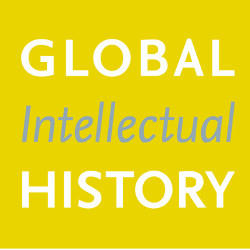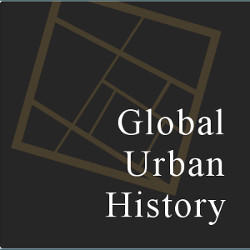Yannick Bauer

Yannick Bauer read history and English philology at Freie Universität Berlin. During his studies Yannick spent a year in London where he discovered his interest in the history of historiography, intellectual history and the history of the British Empire. After his return to Berlin Yannick decided to follow up his undergraduate degree with a masters course on global history as it allowed him to engage with broader processes and developments whilst not losing focus of his regional expertise.
Paving the Way back to the Future: Hybrid Narratives of Return as Tools of an Anti-imperialist Critique of Capitalism in the Lives and Writings of Joseph Ephraim Casely Hayford, José Carlos Mariátegui, and Lala Lajpat Rai
In his dissertation, Yannick will identify a distinct and novel reliance on an amalgamation of narratives of return to an exceptional, indigenous pre-colonial past with abstract concepts enjoying discursive significance in a Western-dominated market of ideas in the writings and political enunciations of three influential intellectuals from the Global South: Joseph Ephraim Casely Hayford, José Carlos Mariátegui, and Lala Lajpat Rai. He will further argue that these ideas fermented in a climate of shared challenges in Africa, Latin America, and Asia, contingent on the global structures characteristic of the first quarter of the twentieth century which shaped the lives and works of the protagonists of this study. The utopian ideas of hybrid societal models they formulated were then in turn used as tools to critique the political domination through the imperialist powers and the perceived indecency of the capitalist world economy and as rallying points for more comprehensive and ethically autonomous nationalisms. Moreover, Yannick will endeavour to show that Casely Hayford, Mariátegui, and Rai were pioneering in their recognition of, and erudition and commentary on, the shared global dimension of their struggles for autonomy and social balance, and in the considerable attention they paid to the question of women as actors within these conflicts.




